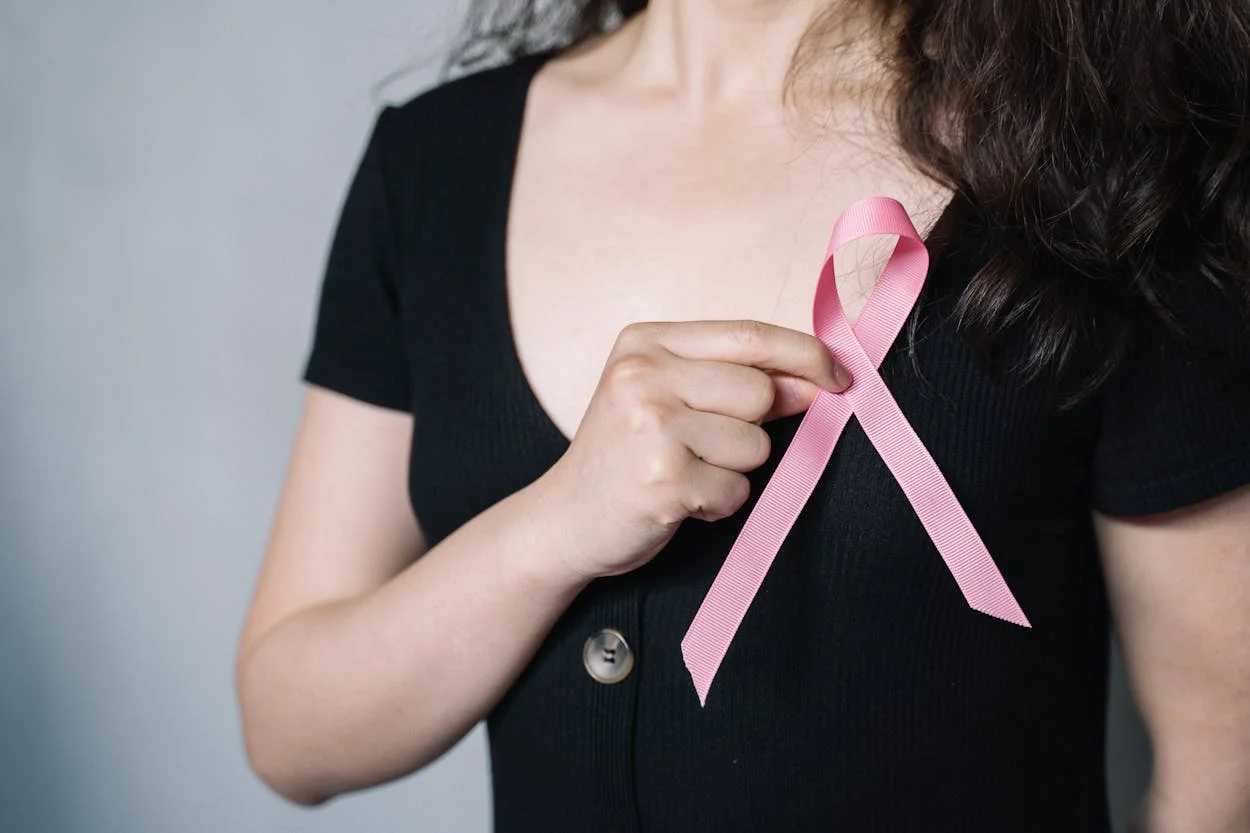
In recognition of World Dense Breast Day on September 25, Bayer has announced a new study, published in Patient Preference and Adherence, that explores gaps in awareness and knowledge of breast cancer risk factors (BCRFs) among women with and without high breast density (HBD). The web-based survey revealed that only 39 percent of respondents were familiar with HBD in the context of breast cancer, and just 31 percent knew that HBD is a recognized BCRF. The survey involved 3,000 women across six countries—United States, Germany, Italy, South Korea, Brazil, and Mexico (500 participants from each). The study was supported by Bayer and conducted in collaboration with Trinity Life Sciences in the U.S., University Medical Center Utrecht in the Netherlands, and University Medical School of Saarland in Germany.
This publication coincides with new U.S. Food and Drug Administration (FDA) regulations, which came into effect earlier this month, requiring mammography facilities to include a breast density assessment in their reports. Patients must also be informed that dense breast tissue can make it more difficult to detect cancer on a mammogram and that it increases the risk of developing breast cancer. Additionally, patients with dense breasts may be advised to consider other imaging tests beyond mammograms for better detection.
HBD is considered one of the strongest independent, non-modifiable BCRFs. Women with extremely dense breast tissue are 4.6 times more likely to develop breast cancer than women with mostly fatty breast tissue. Lack of awareness about BCRFs, including breast density, sex, age, family history, late first pregnancy, obesity, alcohol consumption, smoking, low physical activity, and hormone replacement therapy, can lead to delayed screenings, missed opportunities for early detection, and poorer health outcomes.
“Breast cancer is the most frequently diagnosed cancer among women worldwide, so it’s essential that patients have easy access to information about risk factors like extremely dense breasts,” said Wagdy Youseff, Head of Medical Affairs, Radiology Americas. “Bayer is committed to supporting initiatives like this study to raise awareness and encourage conversations with healthcare professionals (HCPs) about breast cancer screenings and risk factors.”
Since 63 percent of women in the study identified healthcare professionals as their primary source of information about breast cancer, increasing education for both HCPs and patients on BCRFs is crucial for improving overall breast cancer awareness and screening participation. By educating women about BCRFs, including breast density, healthcare providers may open doors to earlier detection and improved outcomes in breast cancer care.





